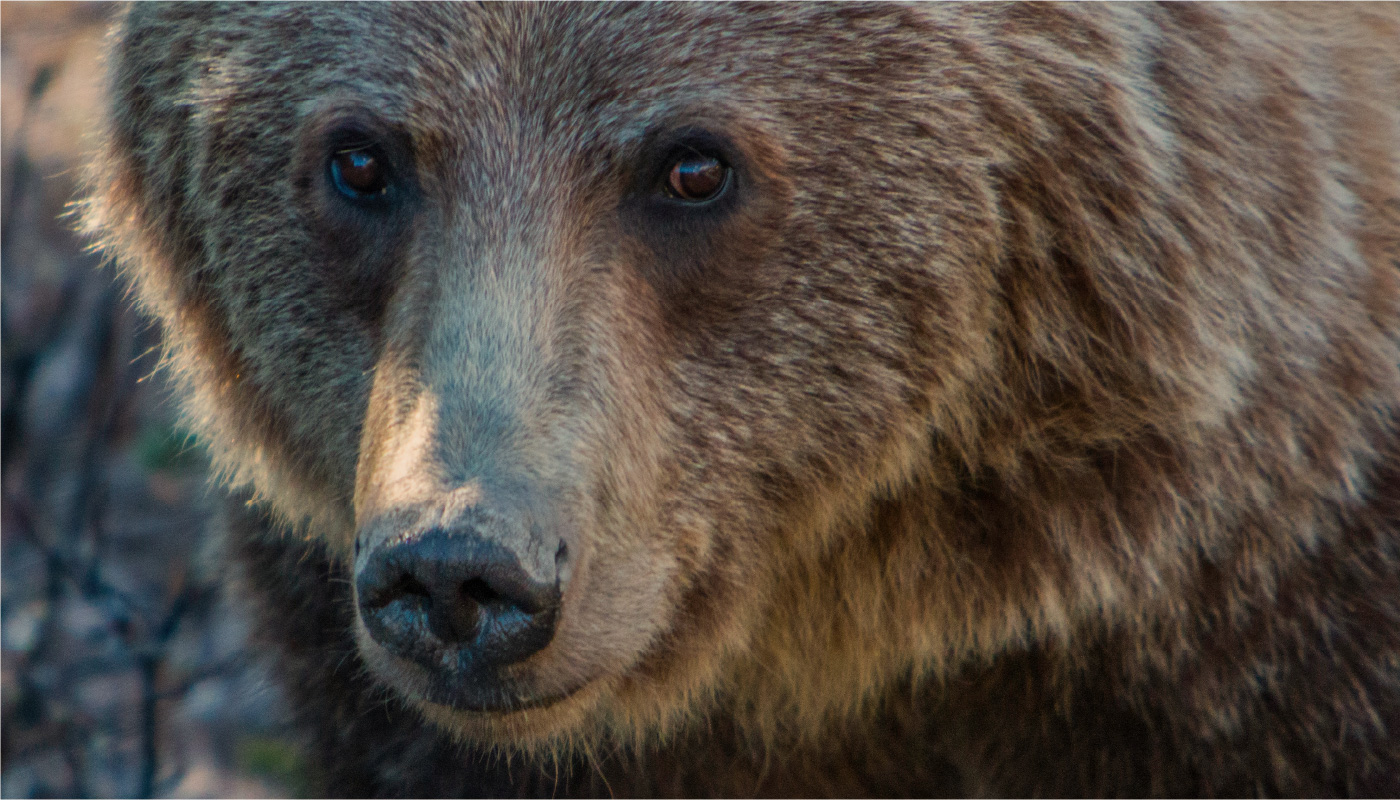Join us in researching the endangered black swift!
These remarkable birds migrate long distances and breed in the Yellowstone to Yukon region — often choosing to nest in cliff-side habitats near waterfalls, especially in British Columbia and western Alberta. Yet they are facing population decline due in part to habitat loss and climate change.
Understanding where black swifts nest, how many are nesting and what they need to survive are key to helping this endangered species thrive. However, black swift nests are very hard to locate, and understanding the species can benefit from people skilled at finding their breeding sites.
Community scientists, including you, can help locate and monitor their nesting sites.
Learn more about black swift biology and how to locate their nests in this training session led by biologist Paul Levesque.
Together, we can contribute to the conservation of this unique species.
More about black swifts
The black swift is one of the unique wild residents in the Yellowstone to Yukon region. These small black birds are sensitive and not well understood. They return to breeding sites yearly and prefer to nest in rock cavities along canyon walls or next to waterfalls, where they lay just a single egg.
In 2019, the black swift was listed as an endangered species under Canada’s Species at Risk Act. Their population has declined by 50 per cent since 1973.
Because these birds prefer waterfall nesting sites that are likely to be impacted by decreased snow pack and glacial melt, black swifts may be an indicator for climate change.
Rocky Mountain breeding sites have been found in Idaho, Montana, Colorado, British Columbia and Alberta. In the Canadian Rocky Mountains, there are a handful of known breeding site, including ones located in Jasper National Park and Banff National Park. Some of the best known are in nooks and crannies along the picturesque Johnston Canyon.
Parks Canada prioritizes their protection, imposing seasonal closures and strict rules in places like Johnston Canyon to safeguard their sensitive nesting sites.
You can help this special species thrive.
Understanding where black swifts nest, how many are nesting and what they need to survive are key to helping this endangered species in challenging times. Black swift nests are very hard to locate, and the species benefits from people skilled at locating their breeding sites.
Your expertise and hard work are essential to help researcher find new breeding and nest sites in British Columbia and Alberta.
Y2Y cohosted this webinar and learning series to help people learn about black swift’s biology, how to find nests, and nest site habitat. This information was presented by independent biologist Paul Levesque, BSc.
Paul has co-authored several papers on black swifts and has located many new nesting sites in western Canada. In recent years, Paul has helped to advance black swift methodologies and develop Canadian black swift survey protocols.
If you have a passion for birds or want to help a species at risk, get started with this training, and help increase knowledge of this unique bird!
If you see a black swift or its nest
Share your observations in eBird. It is important to know black swifts are very sensitive. In Canada, black swifts and their nests are protected by law under the Migratory Birds Convention Act and Canada’s Species at Risk Act.
In national parks they are also protected under the National Parks Act. It is illegal to disturb black swifts and their occupied or unoccupied nests.
Additional resources and information
This series was made possible thanks to Paul Levesque, Parks Canada, and the Canadian Wildlife Service, with financial support from Environmental Damages Fund, administered by Environment and Climate Change Canada.


